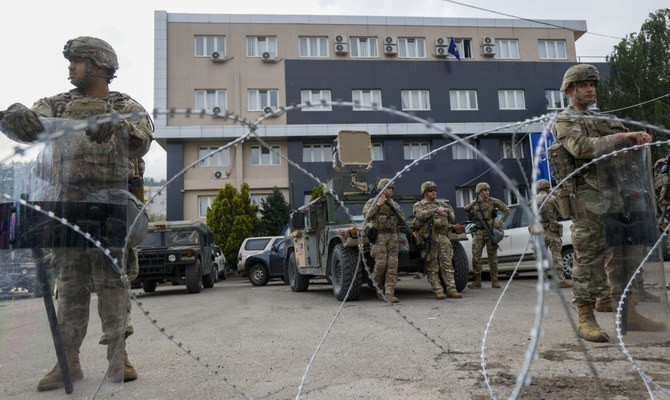
NATO peacekeepers guard a building in northern Kosovo
With Turkish President Recep Tayyip Erdogan in power for another five years, Ankara is looking to increase its influence in the Balkans, a region that was part of the Ottoman Empire for centuries, according to Serbian political analyst Nikola Mikovic.
The escalating tensions in northern Kosovo present such an opportunity. While Southeast Europe remains in the US geopolitical orbit, Ankara may want to start playing the role of mediator in the dispute between Serbia and Kosovo.
The situation in Kosovo, near the Serbian border, where Serbs make up the majority of the population, escalated on May 26, when the Albanian-dominated Kosovo Police, known as ROSU, seized four municipal buildings in the region to help newly elected Albanian mayors take office. Serbs boycotted the previous election on April 23, so although the vote went ahead, the results did not reflect the wishes of the majority in the region.
ROSU's actions angered the United States, which - despite being a major supporter of Kosovo - excluded Kosovo from US-led military exercises in Europe. Instead, the US military held joint exercises with the Serbian army near the town of Bujanovac, not far from Kosovo.
Realizing that he cannot fully count on Western support, Kosovo leader Albin Kurti may start looking for alternative partners, hoping to improve Kosovo's position on the international stage. Turkey could be one of them.
Ankara has deployed about 500 Turkish commandos to northern Kosovo in response to a NATO request for assistance to quell the unrest. They have begun patrolling Serb-majority cities in northern Kosovo. More importantly, Türkiye is expected to soon take command of the US-led NATO mission in Kosovo.
But while Ankara has traditionally been seen as an ally of Muslims in the Balkans, including Albanians, that does not necessarily mean Türkiye will side with the Kosovo government against the Serb majority in the north. However, Mr Kurti’s recent meeting with the Turkish ambassador in Pristina certainly represents an effort to win Ankara’s support amid tensions with the US.
It is no secret that Türkiye aims to become one of the most influential foreign actors in the Balkans. Ankara has played a key “peacemaking” role in various conflicts, from Syria to Libya to Ukraine, where Turkish mediation led to a grain deal between Moscow and Kiev. With EU-facilitated talks between Serbia and Kosovo failing to ease tensions, Erdogan sees an opportunity for Ankara to mediate in the conflict.
Although Türkiye supported Kosovo's unilateral declaration of independence from Serbia in 2008, Erdogan appears to be taking a constructive, balanced approach that also implies respect for Serbia's interests in the region. Serbia - like fellow EU members Spain, Greece, Romania, Slovakia and Cyprus - considers Kosovo an integral part of Serbia, which is why Turkey is trying to balance its strong economic ties with the southeastern European country, which has historical and cultural ties with Kosovo's Albanians.
Serbian President Aleksandar Vucic now sees Ankara as a party that can “help maintain stability in northern Kosovo” and is also a “true friend” of Serbia. Indeed, despite differing views on Kosovo’s status, relations between Belgrade and Ankara have improved significantly over the past decade.
Serbian citizens can travel to Türkiye without a passport, while Ankara continues to increase its economic presence in the Balkan country. About 3,300 Turkish companies operate in Serbia. Moreover, total trade between Serbia and Turkey is expected to reach nearly 2.5 billion euros ($2.7 billion) by 2022, while trade between Türkiye and Kosovo is much lower, at around $690 million.
Belgrade and Ankara are also expected to increase defense cooperation, especially after Erdogan reportedly pledged to supply the landlocked Balkan nation with Bayraktar drones. However, Kosovo's security forces have already received five Turkish-made drones, meaning Ankara may want to profit by selling weapons to both sides.
Türkiye’s increased military presence in Kosovo will certainly help Ankara strengthen its position in the region, especially as the West is preoccupied with the conflict in Ukraine. At the same time, it will help Ankara present itself as a fair and trustworthy partner to both Serbia and Kosovo.
But given that the United States, Mikovic notes, with the Bondsteel facility in Kosovo—the largest and most expensive foreign military base built by the United States in Europe since the 1970s—remains a major foreign power operating in the Balkans, Turkey is unlikely to pursue a completely independent foreign policy in the region. Instead, Ankara will likely have to coordinate most of its moves with Washington.
According to News
Source link








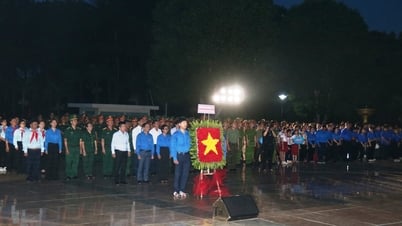

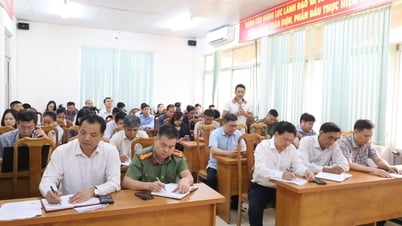
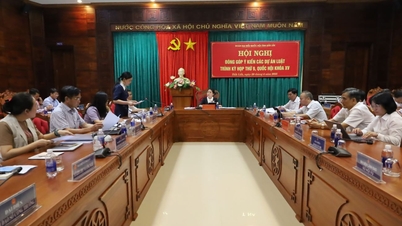


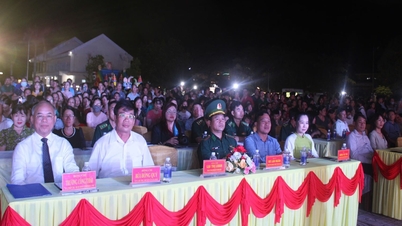
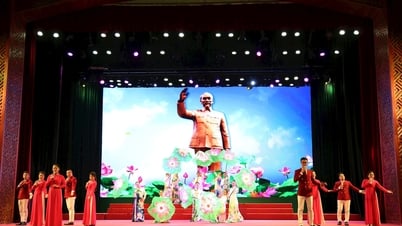



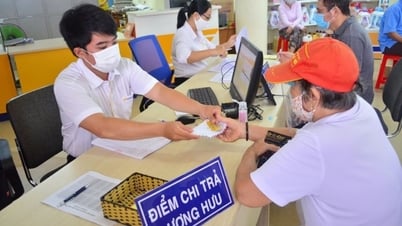
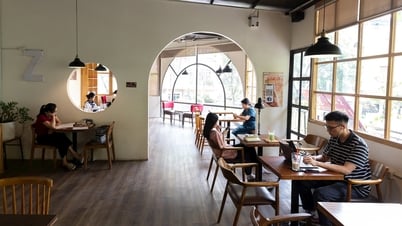





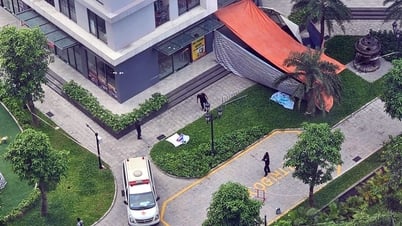
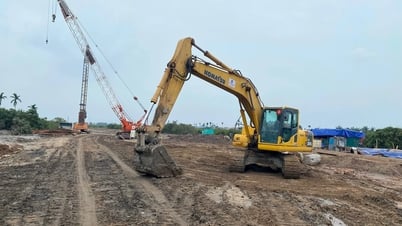


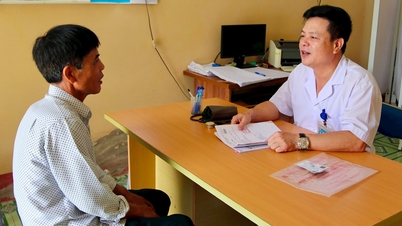
![[Photo] Nearly 104,000 candidates in Hanoi complete procedures to take the 10th grade entrance exam](https://vphoto.vietnam.vn/thumb/1200x675/vietnam/resource/IMAGE/2025/6/7/7dbf58fd77224eb583ea5c819ebf5a4e)
































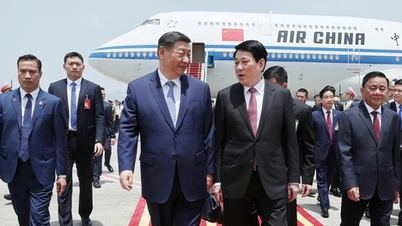
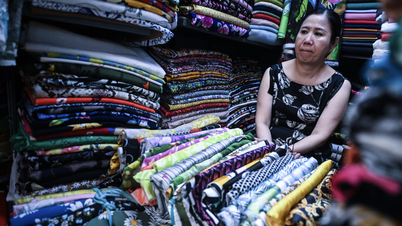



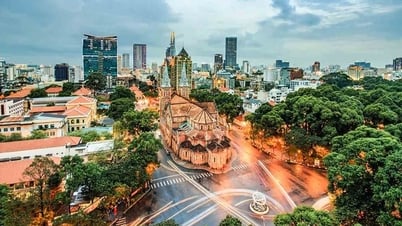
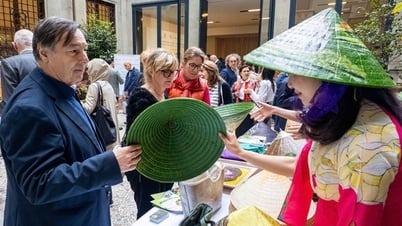



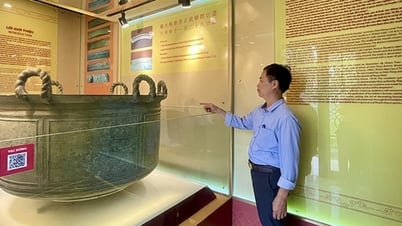

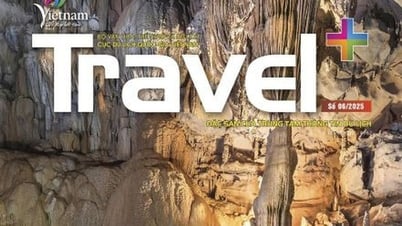

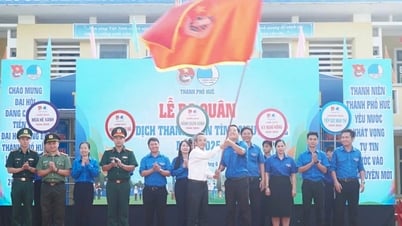


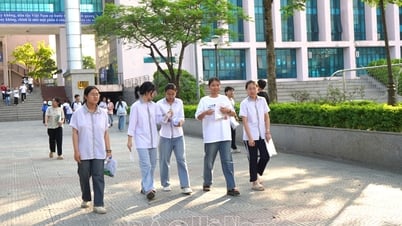

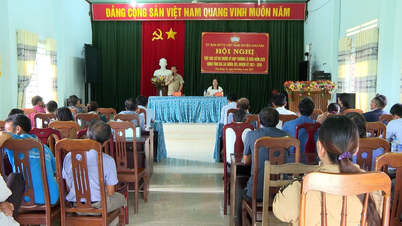









![[OCOP REVIEW] Tu Duyen Syrup - The essence of herbs from the mountains and forests of Nhu Thanh](https://vphoto.vietnam.vn/thumb/402x226/vietnam/resource/IMAGE/2025/6/5/58ca32fce4ec44039e444fbfae7e75ec)



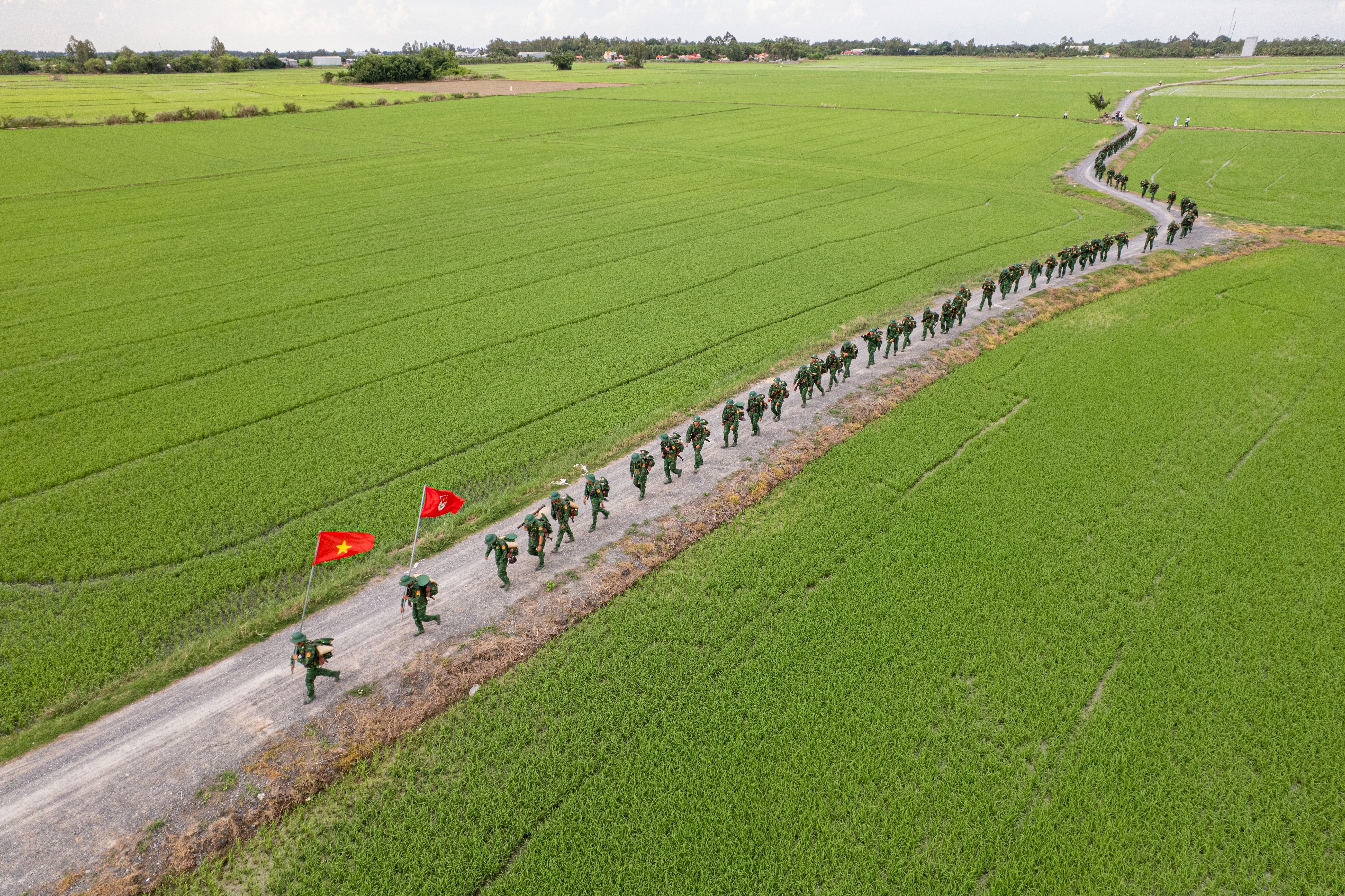


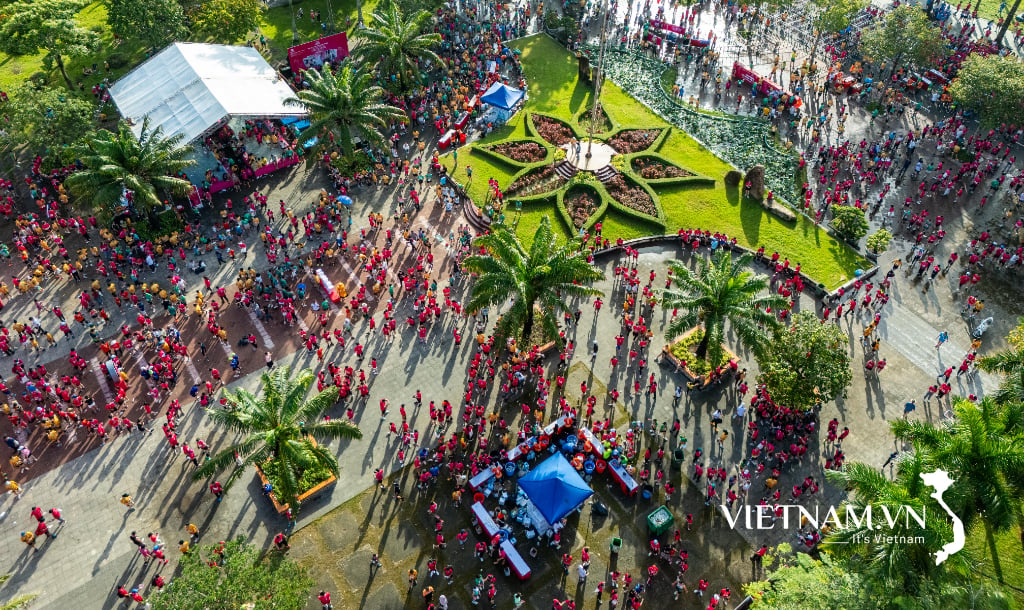
Comment (0)